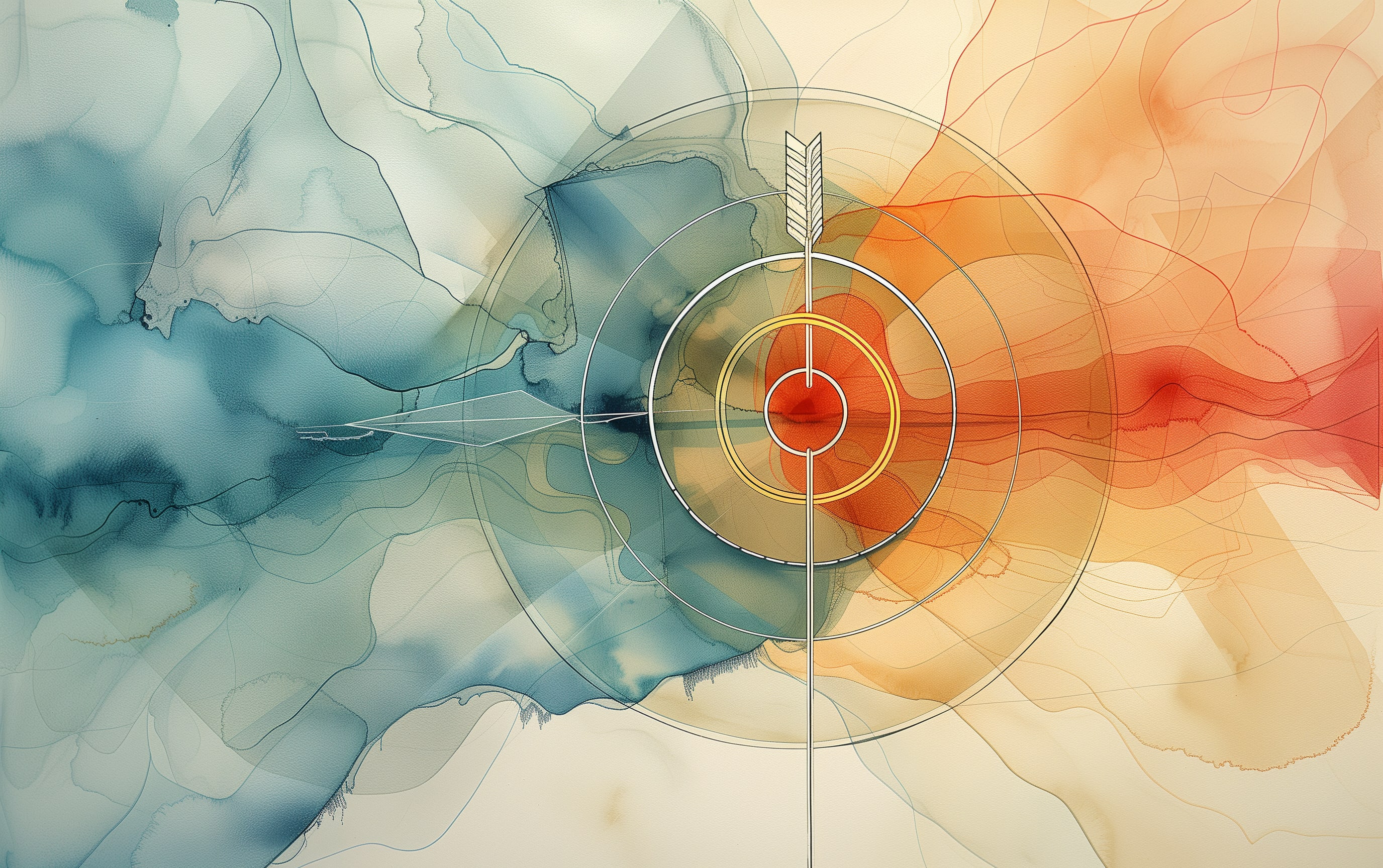I originally heard this point made by Ben Pace in Episode 126 of the Bayesian Conspiracy Podcast. Ben claimed that he learned this from the book How to Measure Anything, but I think I identified the relevant section, and this point wasn't made explicitly.
Suppose that I came up to you and asked you for a 90% confidence interval for the weight of a wazlot. I'm guessing you would not really know where to start. However, suppose that I randomly sampled a wazlot and told you it weighed 142 grams. I'm guessing you would now have a much better idea of your 90% confidence interval (although you still wouldn't have that good a guess at the width).
In general, if you are very ignorant about something, the first instance of that thing will tell you what domain you're operating in. If you have no idea how much something weighs, knowing the weight tells you the reasonable orders of magnitude are. Things that sometimes weigh 142 grams don't typically also sometimes weigh 12 solar masses. Similarly, things that take 5 minutes don't typically also take 5 days, and things that are 5 cm long aren't typically also 5 km long.
For more abstract concepts, having a single sample allows you to locate the concept in concept space by anchoring it to thing space. "Redness" cannot be properly understood until it is known that "apples are red". "Functions" are incomprehensible until you know "adding one to a number" is a function. "Resources" are vague until you learn that "money is a resource".
In reality, the first sample often gives you more information than a random sample. If I ask a friend for an example of a snack, they're not going to randomly sample a snack and tell me about it; they're probably going to pick a snack that is at the center of the space of all snacks, like potato chips.
From an information-theoretic perspective, the expected amount of information gained from the first sample must be the highest. If the sampling process is independently and identically distributed, the 2nd sample is expected to be more predictable given knowledge of the first sample. There is some chance that the first sample is misleading, but the probability that it's misleading goes down the more misleading the sample is, so you don't expect the first sample to be misleading. If you're very ignorant, your best guess for the mean of a distribution is pretty close to the mean of the samples you have, even if you only have one.
This is one perspective on why asking for examples is so powerful; they typically give you the first sample, which contains the most information.

More precisely, the first sample gives the most information about the mean. Learning one person's income tells you a lot about incomes in general, even though incomes are heavy-tailed.
Imagine you had no prior knowledge of how wealthy people are on Earth, or even how to think about the concept of "wealth." For you, the meaning of the term is as inscrutable as the term "flargibargh." You might sample a very poor person, and think everybody's living in poverty. You might sample a middle-class person, and miss the existence of the very rich and poor. You might (unlikely) sample a billionaire and think everybody's incredibly wealthy.
However, those samples help you avoid the mistakes of thinking that wealth is commonly extremely negative, or of a gigantic magnitude (i.e. on the order of Avogadro's number). It gets you vastly closer to the mean than you might land at if you had absolutely zero knowledge of what the concept of "wealth" refers to, and didn't even know that it's a word to measure something relevant to humans (in which domain manageable numbers are common).
However, the first sample gives you no information about the distribution of the sample. As the problem above illustrates, sampling one person tells you nothing about whether wealth is distributed on a bell curve, a heavy-tailed distribution, is exactly even, has a linear distribution, or some other form.
It's very important to gain the skill of "get a sample or example" when dealing with new territory. At the same time, you need to understand what that sample does or does not tell you. Mistakenly thinking that a sample gives you information about X can lead you to make decisions based on that illusory "information," when if you'd known your ignorance better you might not have acted.
And then, of course, it's important to make sure that your sample is actually a sample of what you think it is...